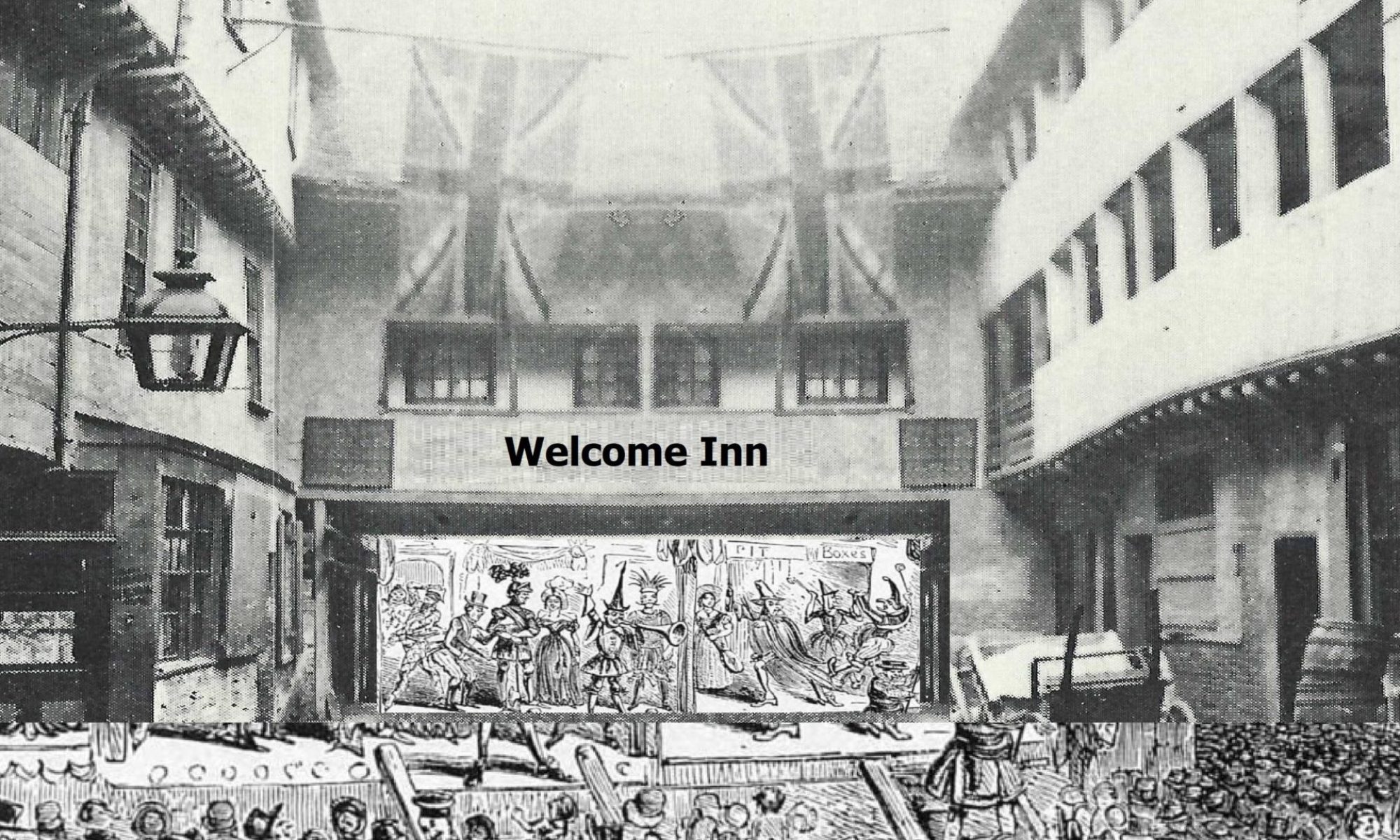By Dr. Jenny Mander

Each community tells a story about itself, official and unofficial, joyous and sad. In turn, local government tells and re-tells a public narrative, past and present, of the local community. Sometimes the story is obvious – a local festival, or a community project – and sometimes more hidden – the plaques on walls, the names chosen for new streets. And these stories can in turn be inclusive or exclusive.
On June 28th, 2018 Newnham College welcomed local government officials – plus actors from the award-winning Iroko Theatre Company – to an afternoon’s workshop, sharing perspectives on the role of storytelling in developing integrated communities.
In collaboration with the Centre for the Study of Global Human Movement, the day considered the representation of minority groups, language diversity and social cohesion. The recently created Centre for the Study of Global Human Movement aims to open up novel means of thinking about movement through transdisciplinary dialogues and conversations.
The participants discussed how successful minority groups are in having their stories heard by those in local government, the obstacles to doing this, and its importance. They shared experiences of how the experiences of migrant groups are recorded, and how these can be used to advocate for these groups when policy matters are being discussed.
My original area of research was in the multilingualism of the Enlightenment and the role played by travelers and refugees in the transnational exchange of books and ideas. Over recent years, I have has worked with community organisations to apply this knowledge to contemporary issues – which has given me in turn new perspectives on my own research.
